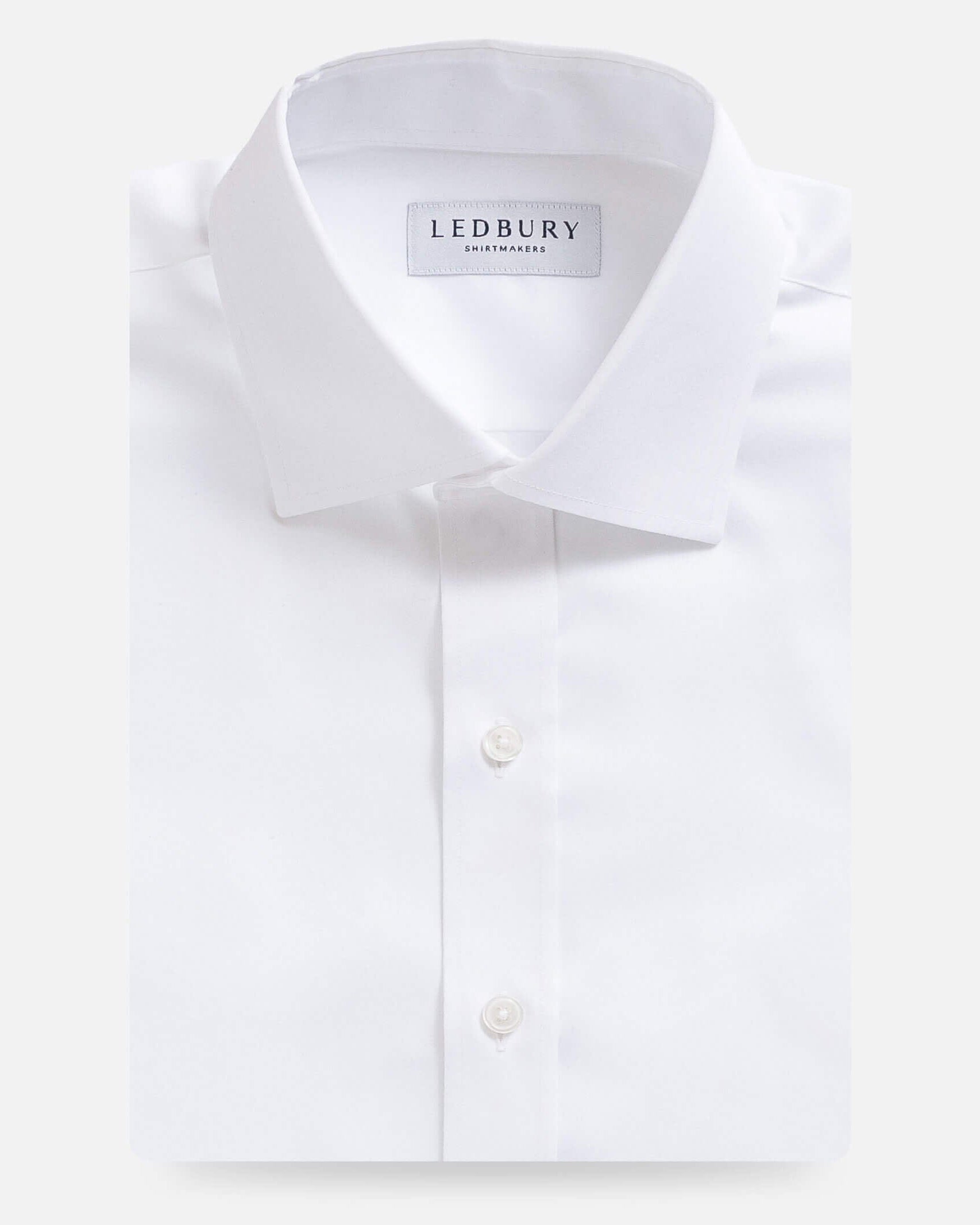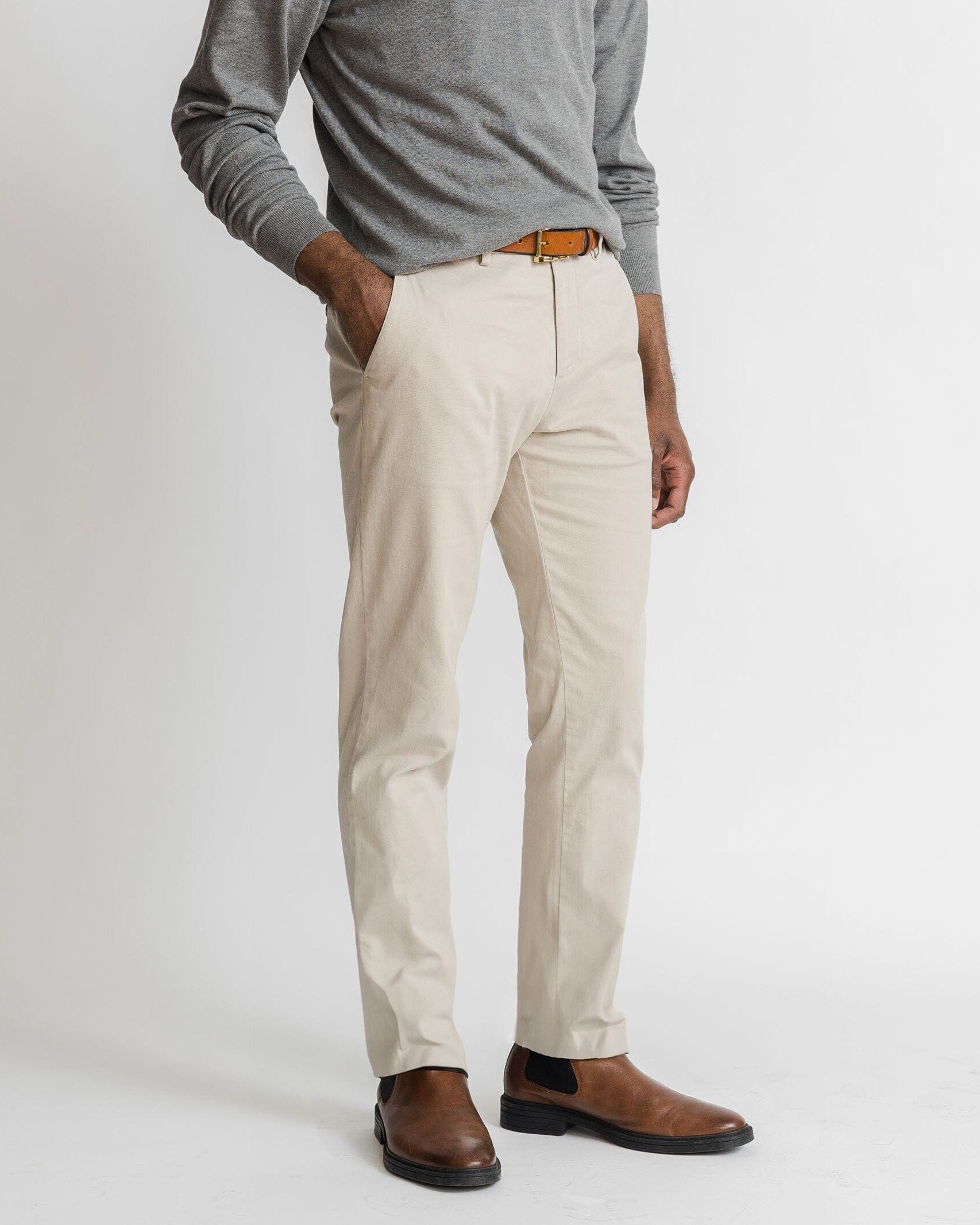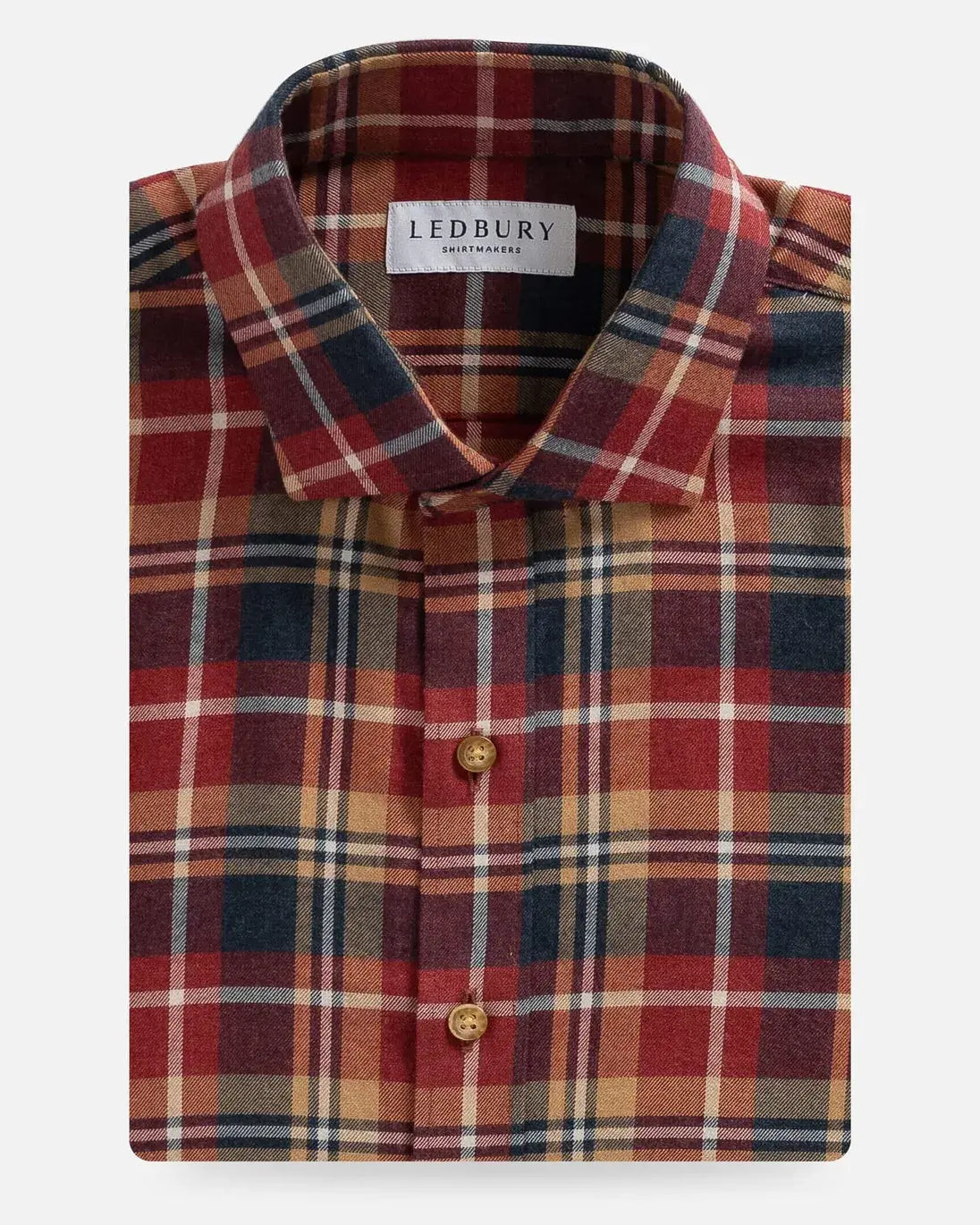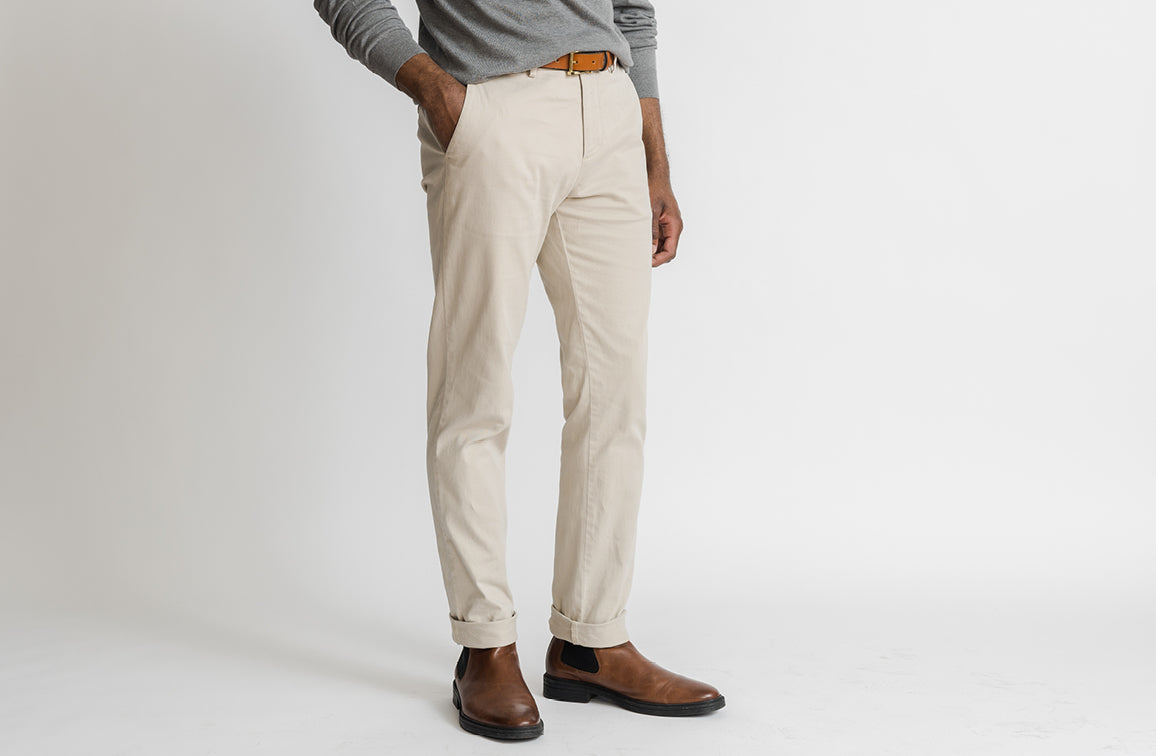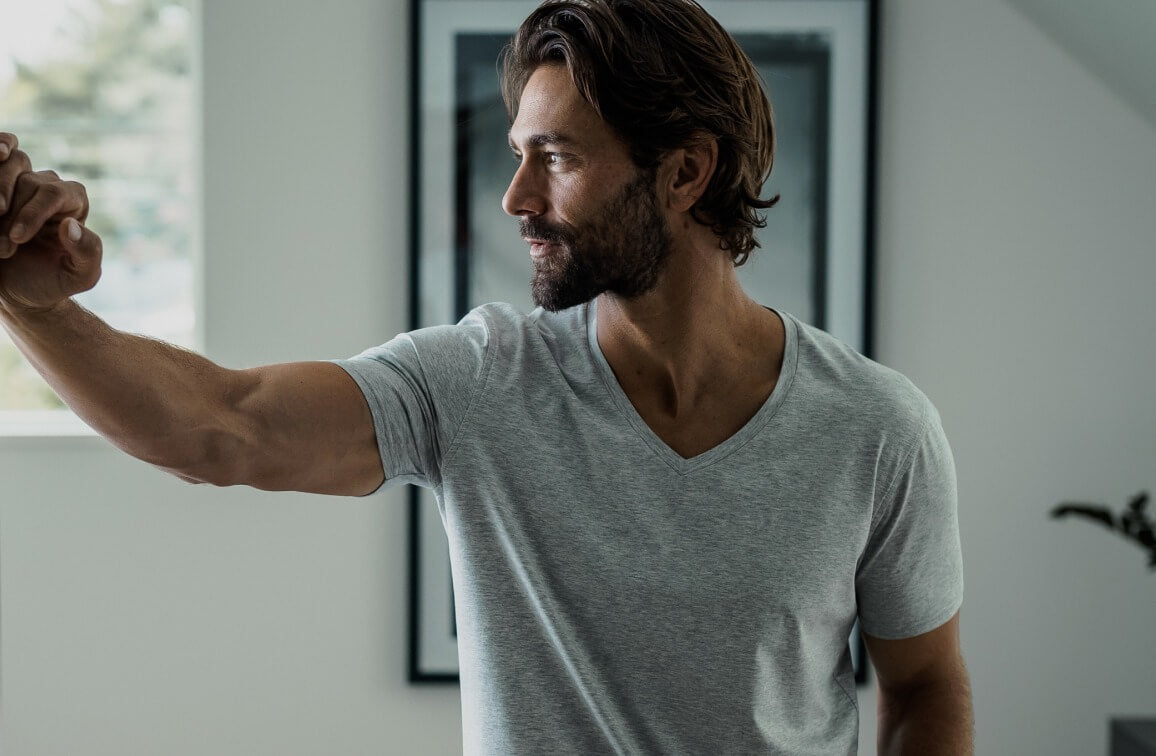




“Some days you get what you want. Others, you get what you need.”
Hunter S. Thompson How about this for an understatement: there’s something alluring about a motorcycle. It’s sleek, fast, and carries with it a devil-may-care attitude. The open exposure to the elements, the heightened awareness of your surroundings and the recognition of your own immediate mortality are just a few of the reasons why some of us ride. Setting out on two wheels, with an engine rattling your core, you sit a little taller, project confidence and appear to be in control. Riding a motorcycle has meant freedom from societal norms and a willing embrace of the unknown. It means solitude, and, at the same time, an acknowledgement of and membership within a loosely-formed tribe. For over half a century, popular culture has celebrated and pushed the myth and fascination of the motorcycle further in art, music, literature and film. With even the slightest mention of two wheels, our minds instinctively race to the unflinching coolness of Steve McQueen and Bob Dylan. These men set the standard on how to ride. Hunter S. Thompson was flying well below the radar before his 1966 novel Hell's Angels: The Strange and Terrible Saga of the Outlaw Motorcycle Gangs pushed him into national recognition as a strange, unique and unrelenting journalist. From the opening scenes of Lawrence of Arabia, as Peter O’Toole’s T.E. Lawrence races his Brough Superior SS100 down the country lanes of Dorset to the Beach Boys 1964 song “Little Honda,” the motorcycle has embedded itself as a symbol of a bigger idea of freedom and individualism. When it comes to film and the field of motorcycle culture, no artistic endeavor has been more pivotal than Easy Rider. Directed by Dennis Hopper and starring Hopper and Co-writer Peter Fonda, the film follows two protagonists on their ill-fated motorcycle journey across America. Shot in the first half of 1968, roughly between Mardi Gras and the assassination of Robert F. Kennedy, the film serves as an intense social commentary of American culture. Promoted as “A man went looking for America. And couldn't find it anywhere,” Easy Rider is an intense but beautiful look at the American condition. In an early and pivotal scene of the film, Hopper’s and Fonda’s characters slowly make their way down a dusty farm road somewhere in the dry California interior. Fonda’s American-flagged chopper has a flat tire, and the two request the use of a rancher’s barn to make the repair. The film cuts quickly between shots of the rancher re-shoeing his horse and Fonda replacing his tire. The scene draws an obvious but important line between the roll of the motorcycle and the horse in conquering the West. It’s as if the protagonists were re-enacting some sort of neo-cowboy archetype as they pushed through the wilderness. Perhaps, as Easy Rider implies, the lure of the motorcycle lives somewhere in the psyche of the American identity itself. The fabric of America is firmly rooted in the spirit of the pioneer — men and women who traversed large tracts of land, herded livestock and moved families. And all of them depended on the horse. In this grand, almost mythical era of the American cowboy, a horse was an essential part of the narrative. And so the American Cowboy eventually became a powerful symbol in its own right. And this symbol motivated men. Men like Henry Miller moved out West and tried their hand at ranching. So it isn’t too far of a stretch to think that some sentiment of early American westward expansion lingers in the collective American conscious today. Is it this instinct that provokes the need to tear out of town and hit the open road? This particular ideology feels like it takes its cues from American history. There are many lessons from motorcycle riding that cross over to both life and business. Riding is a balancing act. It requires finding a rhythm and not veering too far in one direction or the other. Many times in life and business, we find ourselves knowing where we want to go, but it’s all a matter of getting there. During the journey, anything can happen. When traveling by motorcycle, you’re putting yourself in a vulnerable state and completely at the mercy of your surroundings. But internally, you have a level of control over your reactions to those circumstances. It’s a very powerful lesson to learn. There are many risks to riding a motorcycle, but the benefits seem almost natural. Image source: The Selvedge Yard
